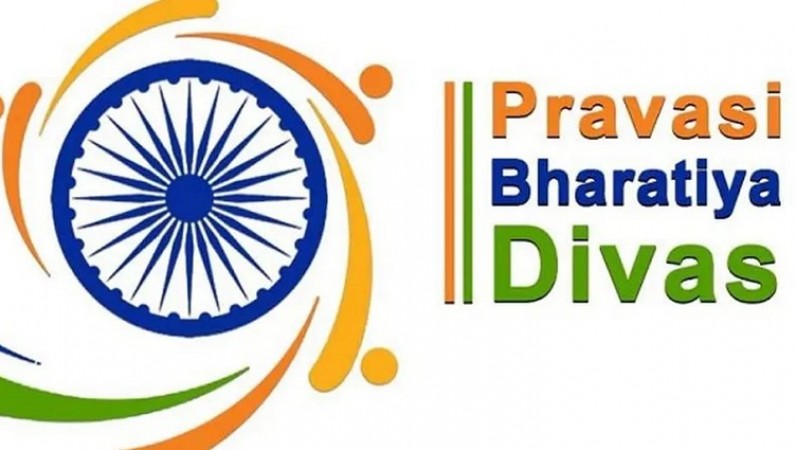
Pravasi Bharatiya Diwas (PDB)-2024 observed on January 9, stands as a significant tribute to the immense contributions made by the Indian Diaspora globally. This annual celebration commemorates their pivotal role in shaping India's global presence and fostering economic growth, primarily through their remittances.
The flow of remittances from non-resident Indians back to India has surged remarkably, leaving a profound impact on the nation's economy. India stands as the world's largest recipient of expatriate remittances, as highlighted in a recent World Bank report. In 2023, an estimated $12.5 billion, equivalent to around 10.38 lakh crore rupees, is anticipated to enter India, marking a notable 12.5 percent increase from the previous year. This amount constitutes approximately 3.4 percent of the country's GDP, reflecting an impressive growth of 78.5 percent over a decade.
However, amid this surge, concerns loom over the treatment of expatriates who contribute substantially to India's foreign exchange earnings. Important requests, such as job opportunities in government sectors for those returning from jobs abroad, pension schemes for elderly expatriates, voting rights, and assistance in repatriating the deceased, have largely gone unaddressed by the government.
While the Indian Community Welfare Fund (ICWF) was instituted in 2009 to aid expatriates during emergencies, its utilization remains unclear. The fund's intended purposes, including assisting non-resident Indians during crises abroad, have often been disregarded, leaving expatriates to fend for themselves during times of dire need.
During the COVID-19 pandemic, substantial donations were made to the Prime Minister's Care Fund, including contributions from non-residents. However, when expatriates sought assistance after losing jobs and requiring repatriation, the Fund did not extend expected support. Expatriates had to finance their return journeys, underscoring the government's failure to provide necessary assistance during a critical period.
A recurring issue pertains to exorbitant airfares on the Kerala-Gulf flight routes, surpassing rates from major cities like Mumbai and Delhi. Despite appeals for government intervention to regulate and ensure fair pricing, officials have avoided taking responsibility, citing an inability to interfere. However, existing aviation regulations grant the government authority to address excessive airfares, which remains significantly underused.
There exists a prevalent misconception within society and the government that the Indian Diaspora is predominantly economically affluent. However, a considerable number of expatriates endure harsh working conditions, laboring extensively in low-paying jobs such as supermarkets and cafeterias. Many sacrifice personal comfort for their families and country, enduring challenging conditions abroad. The scarcity of viable job opportunities in India often drives individuals to seek prospects overseas, contributing significantly to foreign remittances.
Despite their substantial contributions to the nation's economy, the government's failure to offer adequate support during crises and address their exploitation, including unfair airfares, is a glaring oversight. The disparity in treatment between exporters, who receive considerable benefits to boost foreign exchange, and expatriates who contribute equally, raises pertinent questions about the government's reluctance to extend similar privileges to the latter.
The invaluable contributions of expatriates to India's economic landscape necessitate a comprehensive and empathetic approach from the government. Recognizing their sacrifices, addressing their grievances, and providing essential support is crucial, echoing a sentiment of inclusivity and appreciation for their pivotal role in the country's financial stability and growth.